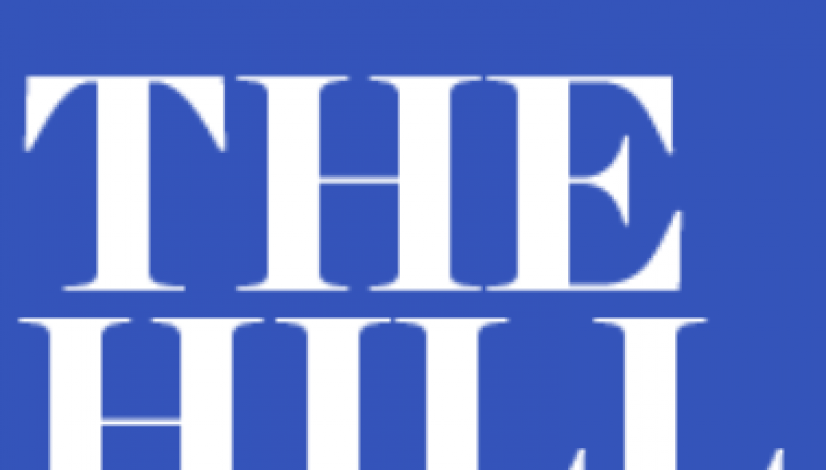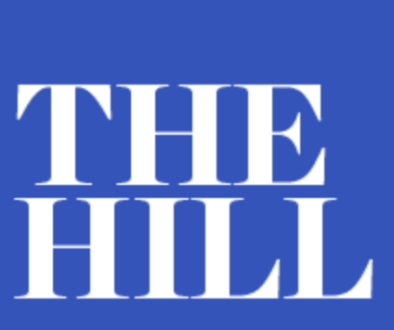Davos elite cry as Trump makes them confront harsh realities

John Kerry to President Trump: “Resign”.
That was the response from the former secretary of State when asked at the World Economic Forum in Davos what message he would like to give the president. Kerry preceded his inflammatory recommendation by saying that the president “doesn’t take any of this seriously.”
This, from the fellow who responded to one of Europe’s bloodiest terror attacks by asking James Taylor to sing “You’ve Got a Friend” to the French people. That’s how serious a man John Kerry is.
The failed presidential hopeful followed up by blasting Trump’s “pull-out walk away presidency,” a criticism presumably referencing the president’s decision to bring our troops home from Syria.
It’s a remarkable charge, given Kerry and former President Obama’s craven decision not to enforce their self-described “red line” prohibiting the use of chemical weapons in Syria.
The audience of financial and political elites, according to the Washington Post, laughed and then cheered Kerry’s attack on Trump, but of course they would. The president has shone a harsh spotlight on the shortcomings of global liberalism, and for this he cannot be forgiven.
It is no coincidence that so many heads of state are not attending the forum this year; several are dealing with pressing problems in their own countries. The leaders of France, the U.S., Italy, England, China and many other nations can to some degree blame policies embraced by the Davos crowd, or reactions to those policies, for their troubles.
For many countries in the EU, for example, mounting environmental restrictions of the kind championed by Kerry have combined with rising taxes to depress economic activity. In France, for instance, weak wage growth and fury over government efforts to damp demand for fuel have led to the widespread “yellow vest” demonstrations.
Elsewhere, unchecked immigration, another stepchild of globalism, has angered populations who see large migrant inflows driving down wages and raising security concerns. This is a hot topic in the U.S. and numerous European countries and was also an important factor in the U.K.’s “Brexit” vote.
Another hot topic is the loss of sovereignty as global institutions take on every-greater influence and power. The insufferable power grab of the EU bureaucracy has ignited nationalist political voices not only in the U.K. but across Europe.
Meanwhile, some of those global institutions have failed to carry out their missions. The World Trade Organization, for instance, has not enforced fair trade rules, especially in regard to China.
It took President Trump to confront China’s illegal subsidies of its state-owned enterprises and its theft of intellectual property, shocking those business leaders in the U.S. and elsewhere who had ignored and indeed enabled Beijing’s bad behavior for decades.
The U.N., for its part, has notably failed to rein in Russian aggression, as have Western leaders. President Obama and the EU dithered over support for Ukraine and punishing sanctions on Russia after Moscow’s takeover of Crimea.
Trump’s unleashing of America’s extraordinary energy renaissance has been more effective. In part because of surging U.S. energy output, Russia’s economy is sputtering, and the Russian people’s confidence in Vladimir Putin has plummeted to its lowest level in more than a decade.
You would not have thought that European leaders like Angela Merkel would have needed Trump to persuade them that reliance on Russian energy was risky, but they did.
In his inaugural visit last year at Davos, President Trump boasted of his administration’s measures to cut regulations and taxes and to boost growth. He claimed, rightly, “When the United States grows, so does the world.”
Famously, Trump also proclaimed that he would always put America first, and he encouraged other world leaders to do likewise. He noted that “’America First’ does not mean ‘America Alone.’”
The liberal media disagrees and has warned for two years that President Trump is indeed going it alone and alienating our allies. But in fact, numerous countries have joined in pushing back against China and also in taking a tougher stance against Iran.
A growing number of developed nations have expressed concerns about Beijing’s unfair trade practices, and also its relentless cyber intrusions and theft of technology. At the same time, several emerging countries are choosing not to participate in China’s Belt and Road Initiative — the huge program that has highlighted the country’s mercantilist and military aggression.
Meanwhile, Iran assassination plots have convinced EU nations the country is not to be trusted, leading to tougher sanctions on Tehran’s intelligence services and individuals. President Trump’s skepticism about the Iran nuclear deal is looking more reasonable by the day.
John Kerry, of course, is incensed that President Trump has dismantled the two major legacy foreign policy achievements of the Obama White House: the Iran accord and the Paris Agreement.
Trump’s withdrawal from the Paris Agreement is a particular sore point. Kerry warned at Davos, “People will die because of the president’s decision.”
In fact, that multi-nation accord required hobbling the U.S. economy while China, already by far the world’s largest and fastest-growing source of carbon emissions, was allowed to carry on virtually unchecked.
The folks at Davos doubtlessly pine for the days when they could applaud meaningless feel-good agreements, the days before an American president disrupted their gathering by revealing the crumbling foundations of their faith.
It’s a colder, tougher world, in which competitors are acknowledged as such, allies must live up to their commitments and the promise of providing better jobs and higher wages tops concerns about endangered polar bears.
It must be said: President Trump has spoiled their fun.
Published on The Hill




